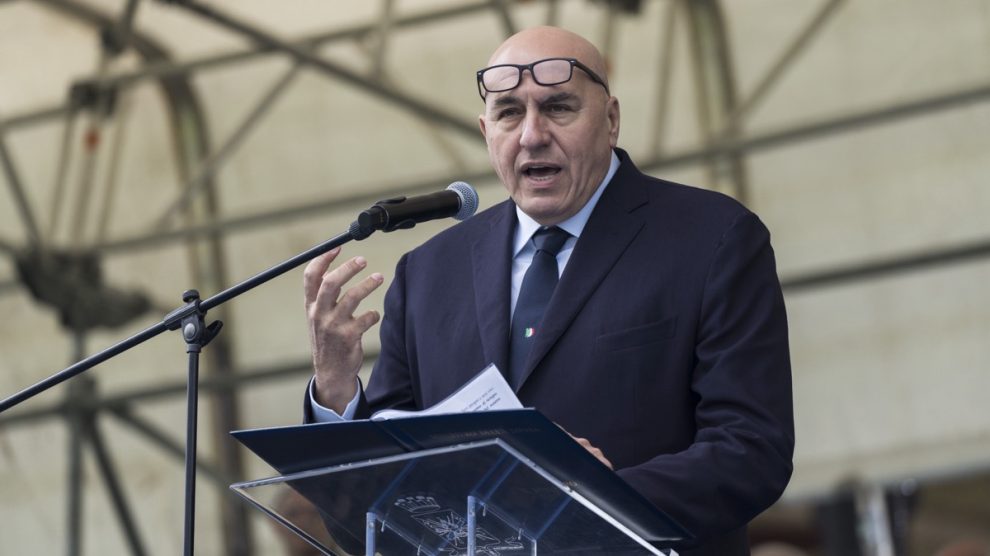Alliance fortified. The recent NATO summit marked a significant moment for the Atlantic Alliance as leaders from member countries gathered to address contemporary security challenges. Italian Defence Minister Guido Crosetto provided a detailed report on the summit’s results to the Chamber of Deputies, underscoring the importance of deterrence and defence, Italy’s contributions, and concerns regarding the Alliance’s southern flank.
- Crosetto emphasised that NATO has guaranteed the security of the European continent for 75 years, allowing member nations to focus on economic and social recovery.
- “We recognise NATO’s importance now more than ever as we confront multiple crises,” he stated, highlighting the Alliance’s role in maintaining international stability.
- Despite financial constraints, Italy remains a key NATO contributor, primarily operationally.
- “Our troops and operational assets are on the front lines of many Alliance fronts,” stated Crosetto, reflecting Italy’s quantitative and qualitative contributions.
Summit strategies unveiled. The summit featured three main sessions.
- The first session, attended by NATO Heads of State and Government, focused on deterrence, defence, and burden sharing, with significant attention given to Russia, hybrid threats from non-state actors, and relations with China. Discussions also covered new defence plans for the Euro-Atlantic area, stressing the need for advanced military capabilities and secure supply chains.
- The second session included representatives from Australia, Japan, New Zealand, the Republic of Korea, and European institutions. It focused on strengthening cooperation between the Atlantic Alliance, the European Union, and Indo-Pacific partners.
- “Developments in the Indo-Pacific region can directly influence our security,” noted Crosetto.
- The third session was dedicated to the NATO-Ukraine Council, where allies reaffirmed their strong support for Kyiv. The concept of “irreversibility” in Ukraine’s path to NATO membership was introduced.
- However, Crosetto cautioned against rapid progress to avoid escalating tensions with Russia. Italy did reiterate its commitment to Ukraine, particularly in enhancing air defence capabilities.
- Crosetto also highlighted that a significant lesson from the Russia-Ukraine conflict is the importance of military industries and technological superiority, stressing the need for secure raw material supply chains and multinational procurement initiatives to maintain an edge over adversaries like Russia, China, Iran, and North Korea.
Southern flank focus. Italy’s call for increased attention to the southern flank was a prominent issue, with a push for appointing an Italian special representative.
- However, Crosetto expressed disappointment over the appointment of a Spanish official, emphasising the need for a dedicated figure to address southern flank issues.
- Additionally, Crosetto voiced concerns about the Middle East, particularly tensions between Lebanon and Israel, stressing the importance of bolstering Lebanese armed forces to create an alternative to Hezbollah as well as ensuring the UN’s full implementation of Resolution 1701.





